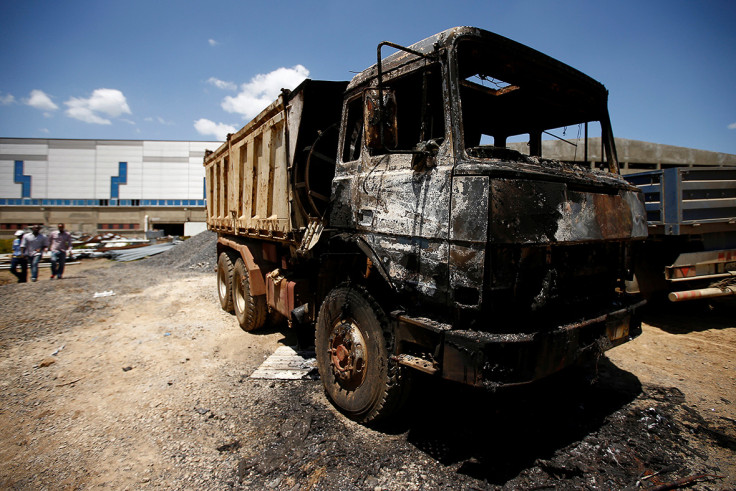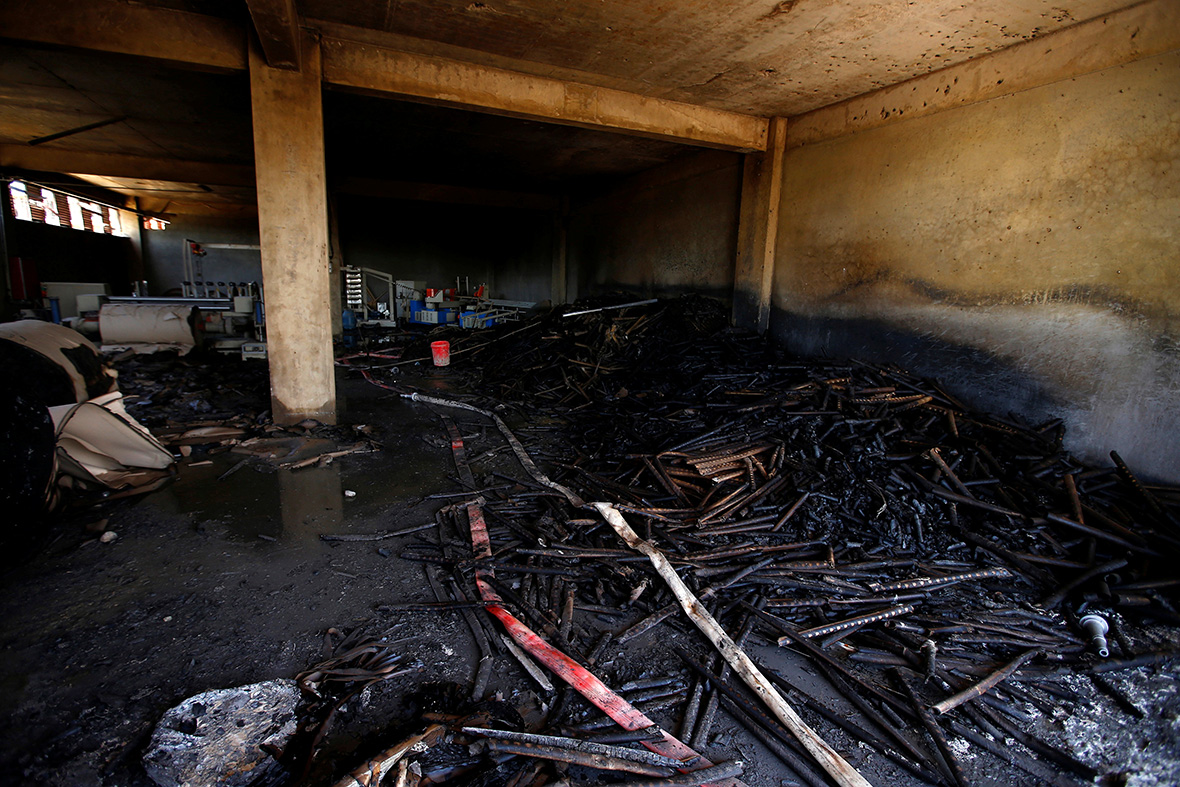Ethiopia points finger of blame at Egypt and Eritrea over Oromia violence
Major towns and cities across Ethiopia's Oromia region are experiencing unrest and widespread violent protests.
Ethiopia has accused Egypt, Eritrea and other states of arming, training and funding groups which it blames for a wave of protests and violence, forcing authorities to declare a state of emergency. Government spokesman told a news conference the six-month nationwide state of emergency had been declared to better coordinate security forces against "elements" intent on targeting civilians, infrastructure and private investments.

Last week, protesters damaged around a dozen factories and equipment mostly belonging to foreign firms, which demonstrators accuse of purchasing leases on seized land. The unrest has cast a shadow over Ethiopia, whose state-led industrial drive has created one of Africa's fastest growing economies but whose government also faces criticism at home and abroad over its authoritarian approach to development.
Major towns and cities across Ethiopia's Oromia region are experiencing unrest and widespread violent protests from people demanding wider freedoms. Some businesses have been targeted because of suspected links to the government. The state-affiliated Fana Broadcasting Corporate said attacks on factories in Sebeta town on the outskirts of the capital, Addis Ababa, affected more than 40,000 workers. Textile, plastic, cement and bottled-water factories were targeted.



Rights groups say more than 500 people have died in clashes with police and other confrontations in the Oromia and Amhara regions over the past year. On 2 October, more than 50 people were killed in a stampede after security forces opened fire on anti-government protesters during a religious festival in Bishoftu, southeast of the capital.











Reda told journalists there is "ample evidence" that Egypt provided training and financing to the Oromo Liberation Front, labeled a terrorist organisation by Ethiopia. He also named Eritrea, which has a long-running border dispute with Ethiopia, and Egypt, embroiled in a row with Addis Ababa over sharing Nile waters, as sources of backing for "armed gangs", although he said it might not come from "state actors".
Egypt has dismissed previous accusations that it was meddling in Ethiopian affairs. Eritrea routinely dismisses charges that it wants to destabilise its neighbor, and instead accuses Addis Ababa of stoking unrest on its own soil.
© Copyright IBTimes 2025. All rights reserved.






















